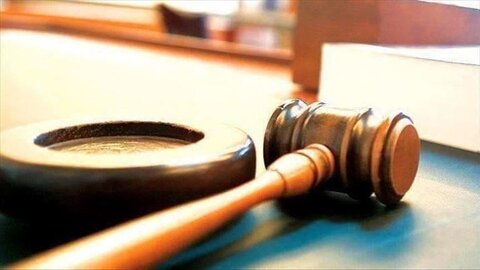Hawzah News Agency - As India awaits the Supreme Court verdict on whether the site of the historic 16th century Babri Mosque belongs to Hindus or Muslims, the government is reaching out with bated breath to both Hindu and Muslim leaders to calm tempers and avoid any major fallout, in case of an adverse ruling.
The verdict is expected before the current Chief Justice of India Ranjan Gogoi retires on Nov. 17.
Recent days have seen a flurry of activity in New Delhi, with high government officials meeting leaders of both communities, prevailing upon them to use their influence to maintain calm and prevent the recurrence of communal riots that could tarnish India’s international image and damage its economy.
On Tuesday, India’s Minister for Minority Affairs Mukhtar Abbas Naqvi held a meeting with prominent community leaders urging them to maintain peace. The meeting was attended by Hindu nationalist Rashtriya Swayamsevak Sangh (RSS) leaders Krishna Gopal and Ramlal, former minister Shahnawaz Hussain, Jamiat Ulema-e-Hind General Secretary Mahmood Madani, former lawmaker Shahid Siddiqui, All India Muslim Personal Law Board Member Kamal Farooqui, Filmmaker Muzaffar Ali and others.
On Dec 6, 1992, when a large group of Hindu activists demolished the mosque located in the northern Indian city of Ayodhya, it triggered communal riots all over India, killing around 2,000 people, many of them Muslims. India’s commercial capital Mumbai was severely hit in the riots, leaving 700 people dead.
The issue of Babri Mosque -- widely known as Babri Masjid -- perhaps the world’s oldest civil dispute had first reached a district court in 1853 when Hindus claimed that Lord Rama -- pantheon of Hindu mythology -- was born at the site, some millions of years ago. The plea was rejected by the British district judge.
The issue again reached the court in 1949. This time by Muslims pleading the removal of an Idol of Lord Rama, which was placed inside at the sanctum sanctorum of the mosque by a group of Hindus, who scaled the wall in the dead of night. The issue has devoured hundreds of thousands of lives in communal riots, over past one-and-half century.

